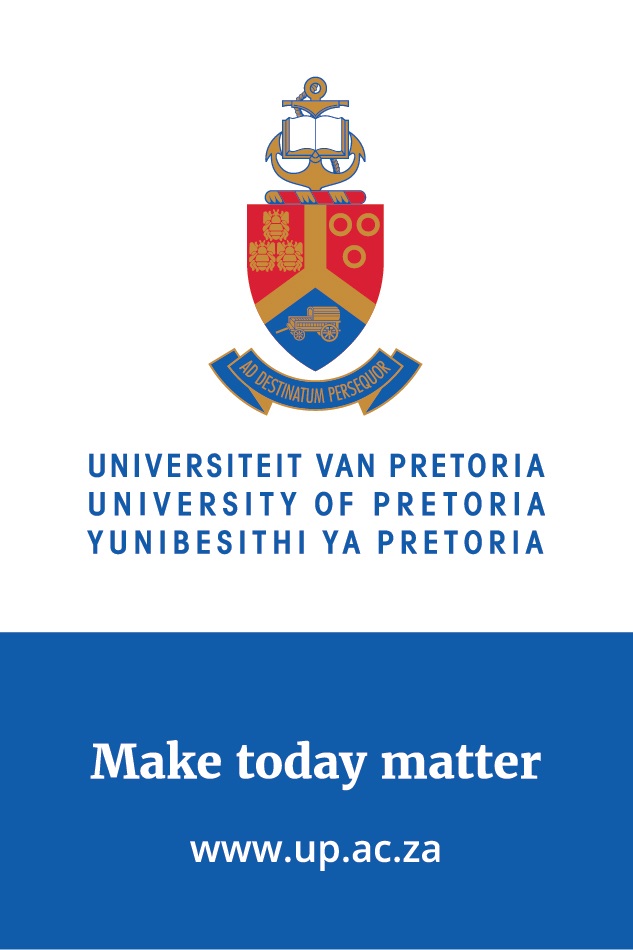Today’s engineering, information technology – and built environment professionals are intent on improving the world, by developing pioneering and functional systems, structures and materials that can enhance the lives of end users. The University of Pretoria’s Faculty of Engineering, Built Environment and Information Technology (EBIT) provides the ultimate platform to ensure that every student’s discovery translates into tangible benefits for society.
The University of Pretoria (UP) has plenty of experience in this area. Established in 1908, it is currently one of the leading higher education institutions in Africa and the world, specifically for its quality, relevance and impact. It also specialises in developing people, creating knowledge and most importantly, making a difference. The EBIT Faculty stands out for its contributions to a wide range of industries through its 14 specialised academic departments, which are organised into four schools: The School of Engineering, the School for the Built Environment, the School of Information Technology, and the Graduate School of Technology Management.
According to the Dean, Professor Wynand JvdM Steyn, the Faculty’s exceptional students and staff are process thinkers and problem solvers, who are developing the critical mass and synergies necessary for real-world change. Its transdisciplinary research initiatives are focused on finding solutions to global challenges and are making an impact locally, regionally and around the world —here’s not one, but four examples of how.

Professor Wynand Steyn is a Member of the South African Institution of Civil Engineers, Fellow of the South African Academy of Engineering (FSAAE) and has a B3 National Research Foundation (NRF) rating. Source: University of Pretoria
Hatfield Digital Twin City
The Hatfield Digital Twin City is a collaborative, data-driven platform that aims to develop smart cities. It transcends the boundaries between architecture, civil engineering, project management and information systems through the use of big data. Focusing on the 10 km2 area surrounding the University’s campuses in Hatfield and Hillcrest, it acts as a testbed for the development of smart applications that will improve service delivery, and ensure the more efficient use of resources. This initiative could lead to the establishment of a centre of excellence for African digital and smart cities, anchored at the University of Pretoria.
“With the HDTC, we are piloting alternative methods in data generation and low-cost technologies to leapfrog ourselves into what the future of cities, education and innovation in Africa could become,” Dr Calayde Davey explains.

EBIT is the only faculty at a South African university to incorporate the unique blend of the fields of engineering, built environment and information technology. Source: University of Pretoria
Malaria control
Another initiative that is changing lives is the development of insecticide-infused products to prevent malaria. Emanating from research conducted in the University’s Institute of Applied Materials, it entails a long-lasting insecticide active that is woven into material fibres. The patented technology reduces the evaporation of expensive insect repellents. Future applications that are being investigated include slow-release pheromone traps for sustainable agricultural pest control.
Sustainable energy use
The sustainable use of energy impacts every aspect of our daily lives. Research into energy security is not only focused on the efficient use of energy, but also on alternative sources of energy in the global quest to achieve a zero-carbon economy by 2050 and integrate renewable energy into traditional energy grids. The Faculty’s Exxaro Chair in Energy Efficiency focuses on improving energy use in the mining, manufacturing, commercial and residential sectors, while its Centre for New Energy Systems develops transdisciplinary solutions at the interface with energy systems, econometrics, control theory and financial mathematics. An emerging field of interest relates to hydrogen fuel cells as an alternative source of energy.
“The future-focused research is testimony to our need to innovate to create a better tomorrow for all of us. Connecting emotionally with a community in need ignites the passion for innovation – innovation for the good of the human being. ‘Walking the walk’ is where our strength lies – this is what we as researchers do. Sometimes we lead, sometimes we follow, we inspire, and we produce solutions. But most of all, we touch lives and change lives; our most significant responsibility is to keeping hope alive,” concludes Professor Steyn.











